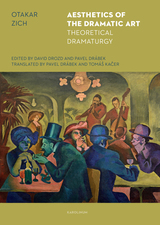19 start with P start with P
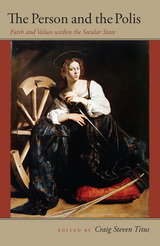
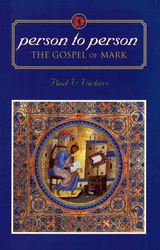
Paul Vickers grapples with the question of how God wants us to live our daily lives, and he turns to a new way of reading the gospel of Mark for answers. Vickers' insightful discussion of its rich symbolism reveals the relevance this gospel has to our lives. God, according to Vickers, is the same immediate presence for the reader of today that he was at the time of the writing of the book of Mark. Through the immediacy of his presence, in a manner unique to each reader, God urges us to examine and improve our lives. Encouraging a less self-centered engagement with the world, Person to Person: The Gospel of Mark fosters development of a more loving, more spiritually conscious soul.
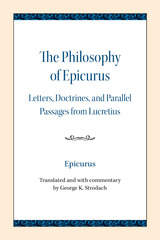
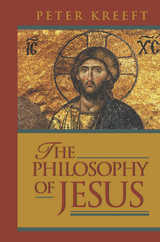
Amazingly, no one ever seems to have looked at Jesus as a philosopher, or his teaching as philosophy. Yet no one in history has ever had a more radically new philosophy, or made more of a difference to philosophy, than Jesus. He divided all human history into two, into "B.C." and "A.D."; and the history of philosophy is crucial to human history, since philosophy is crucial to man; so how could He not also divide philosophy?
This book (1) looks at Jesus as a complete human being (as well as divine), therefore also as a philosopher; (2) looks at philosophy as Jesus' pre-modern contemporaries did, as a wisdom, a world-view, and a way of life rather than as a super-science (Descartes, Hegel) or as a servant-science (Hobbes, Hume); and (3) looks at philosophy in light of Jesus rather than at Jesus in light of philosophy. It explores the consequences of Etienne Gilson's point that when St. John brought Christianity and Greek philosophy into contact and identified the Messiah the Jews had most deeply sought with the logos that the Greeks had most deeply sought, nothing happened to Christ but something happened to the logos.
This book explores the most radical revolution in the history of philosophy, the differences Jesus made to metaphysics (the philosophy of being), to epistemology (the philosophy of knowing), to anthropology (the philosophy of man), and to philosophical ethics and politics.
And, besides, it has the greatest ending of any philosophy book in a century.
Contents
Introduction 1: Who Is It For?
Introduction 2: How Is Jesus a Philosopher?
Introduction 3: What Are the Four Great Questions of Philosophy?
I. Jesus’ Metaphysics (What is real?)
* Jesus’ Jewish Metaphysics
* Jesus’ New Name for God
* The Metaphysics of Love
* The Moral Consequences of Metaphysics
* Sanctity as the Key to Ontology
* The Metaphysics of “I AM”
II. Jesus’ Epistemology (How do we know what is real?)
III. Jesus’ Anthropology (Who are we who know what is real?)
IV. Jesus’ Ethics (What should we be to be more real?)
* Christian Personalism: Seeing “Jesus only”
* Jesus and Legalism
* Jesus and Relativism
* Jesus and the Secret of Moral Success
* Jesus and Sex
* Jesus and Social Ethics: Solidarity
* Jesus and Politics: Is He Left or Right?
Conclusion
Index
Peter Kreeft, Professor of Philosophy at Boston College, is author of over forty books, including two from St. Augustine’s Press, Socratic Logic and The Sea Within.

Harry Wolfson was renowned throughout the world for the depth, scope, and wisdom of his monumental volumes on the structure and growth of philosophic systems from Plato to Spinoza. It was not only his extraordinary erudition that commanded respect, his awesome mastery of all the primary sources, Greek, Christian, Judaic, and Muslim; it was also his penetrating insight and his original and groundbreaking interpretations.
In this long-awaited volume, on which he worked for twenty years, Wolfson describes the body of doctrine known as the Kalam. Kalam, an Arabic term meaning "speech" and hence "discussion," was applied to early attempts in Islam to adduce philosophic proofs for religious beliefs. It later came to designate a system of religious philosophy which reached its highest point in the eleventh century; the masters of Kalam, known as Mutakallimum, were in many respects the Muslim equivalent of the Christian Church Fathers. Wolfson studies the Kalam systematically, unfolding its philosophic origins and implications and observing its repercussions in other religions. He scrutinizes the texts of Muslim writers for their treatment of such crucial problems as the attributes of God, the Creation, causality, predestination and free will. In the process he shows how the teachings of the Koran were constantly interwoven with ideas from Greek and Oriental philosophies, Judaism, and Christianity as Islamic thought developed.
As lucidly written and intellectually stimulating as all the author's earlier books, this volume is a fitting capstone to a notable career.
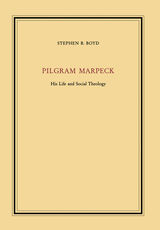
Drawing on extensive archival data documenting Marpeck’s professional life, as well as on his numerous published and unpublished writings on theology and religious reform, Stephen B. Boyd traces Marpeck’s unconventional transition from mining magistrate to Anabaptist leader, establishes his connections with various radical social and religious groups, and articulates aspects of his social theology. Marpeck’s distinctive and eclectic theology, Boyd demonstrates, focused on the need for personal, uncoerced conversion, rejected state interference in the affairs of the church, denied the need for a monastic withdrawal from the secular world, and called for the Christian’s active pursuit of justice before God and among human beings.
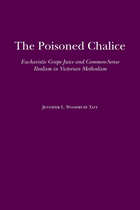
This work examines the introduction of grape juice into the celebration of Holy Communion in the late 19th century Methodist Episcopal Church and reveals how a 1,800-year-old practice of using fermented communion wine became theologically incomprehensible in a mere forty years. Through study of denominational publications, influential exegetical works, popular fiction and songs, and didactic moral literature, Jennifer Woodruff Tait charts the development of opposing symbolic associations for wine and grape juice. She argues that 19th century Methodists, steeped in Baconian models of science and operating from epistemological presuppositions dictated by common-sense realism, placed a premium on the ability to perceive reality accurately in order to act morally. They therefore rejected any action or substance that dulled or confused the senses (in addition to alcohol, this included “bad” books, the theatre, stimulants, etc., which were all seen as unleashing unchecked, ungovernable thoughts and passions incompatible with true religion).
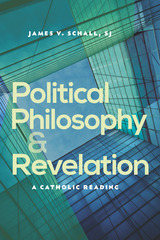
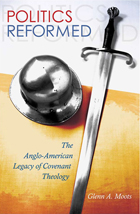
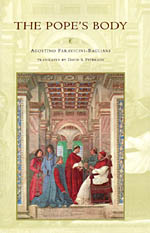
Masterfully translated from the Italian, this engaging history of the pope's body provides a new perspective for readers to understand the papacy, both historically and in our own time.
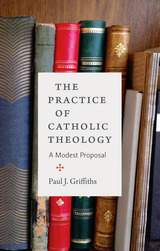
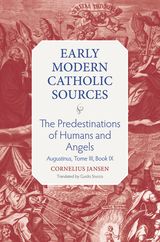
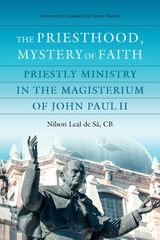
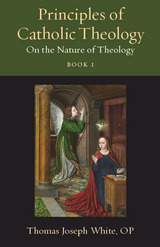




One of the most heated debates in recent times among Christian ethicians has been over what has come to be called "proportionalism." Opponents have argued that proportionalists are intent on relativizing theology norms and theh concept of intrinsic evil. Proponents, on the other hand, argue that they are merely developing a traditional notion of proportion of reason. Bernard Hoose puts this debate in context by showing its roots in the writings of European moral theologians and its flowering in the writings of their American colleagues. He uncovers a number of confusions that have bedeviled the argument while revealing how important the issues are for establishing in coherent Christian ethics in the twentieth century.
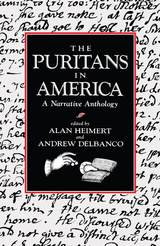
The whole destiny of America is contained in the first Puritans who landed on these shores, wrote de Tocqueville. These newcomers, and the range of their intellectual achievements and failures, are vividly depicted in The Puritans in America. Exiled from England, the Puritans settled in what Cromwell called “a poor, cold, and useless” place—where they created a body of ideas and aspirations that were essential in the shaping of American religion, politics, and culture.
In a felicitous blend of documents and narrative Alan Heimert and Andrew Delbanco recapture the sweep and restless change of Puritan thought from its incipient Americanism through its dominance in New England society to its fragmentation in the face of dissent from within and without. A general introduction sketches the Puritan environment, and shorter introductions open each of the six sections of the collection. Thirty-eight writers are included—among these Cotton, Bradford, Bradstreet, Winthrop, Rowlandson, Taylor, and the Mathers—as well as the testimony of Anne Hutchinson and documents illustrating the witchcraft crisis. The works, several of which are published here for the first time since the seventeenth century, are presented in modern spelling and punctuation.
Despite numerous scholarly probings, Puritanism remains resistant to categories, whether those of Perry Miller, Max Weber, or Christopher Hill. This new anthology—the first major interpretive collection in nearly fifty years—reveals the beauty and power of Puritan literature as it emerged from the pursuit of self-knowledge in the New World.
READERS
Browse our collection.
PUBLISHERS
See BiblioVault's publisher services.
STUDENT SERVICES
Files for college accessibility offices.
UChicago Accessibility Resources
home | accessibility | search | about | contact us
BiblioVault ® 2001 - 2025
The University of Chicago Press



